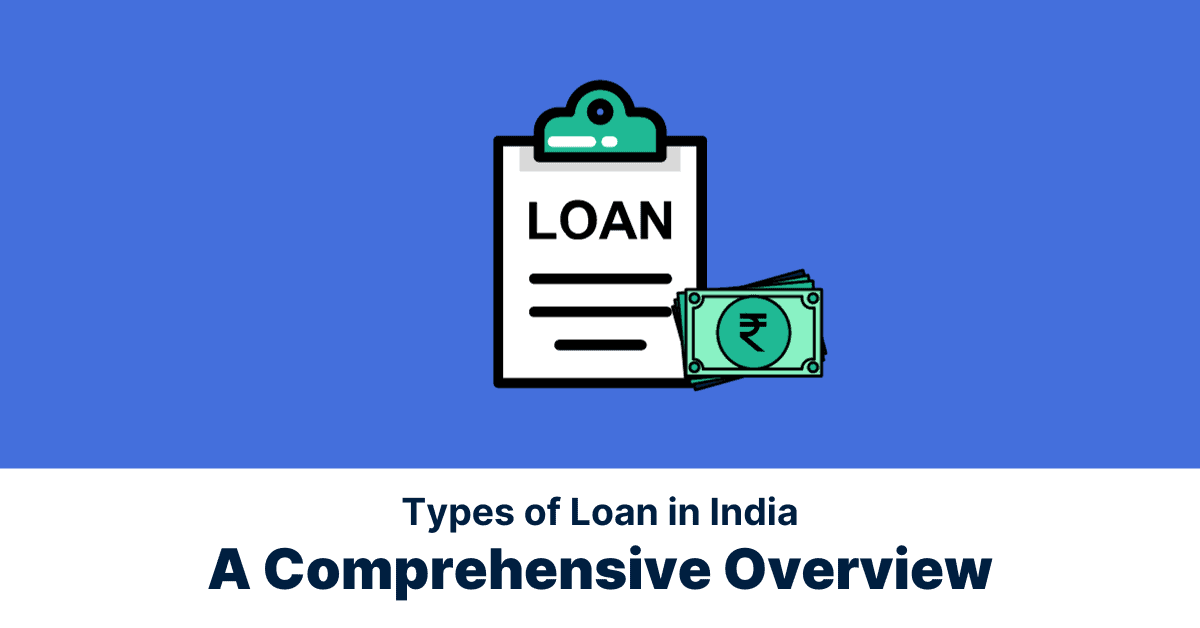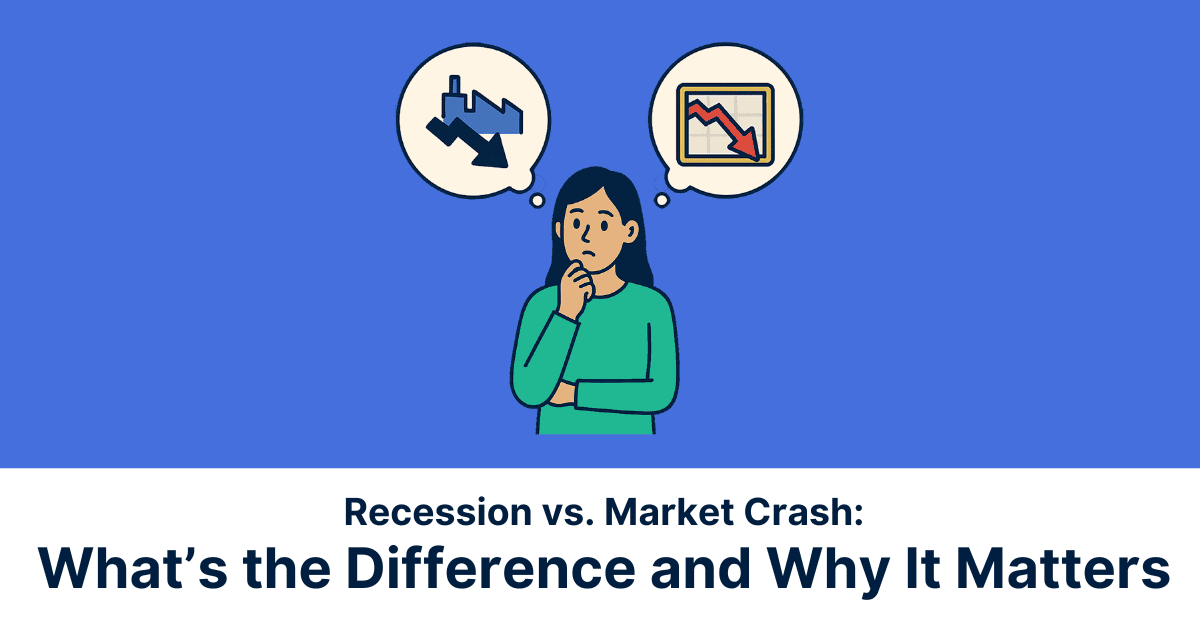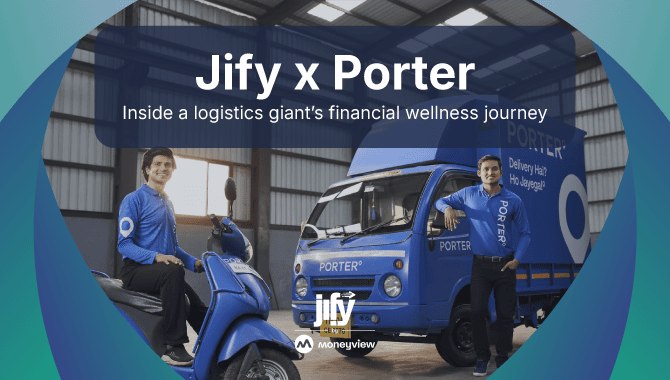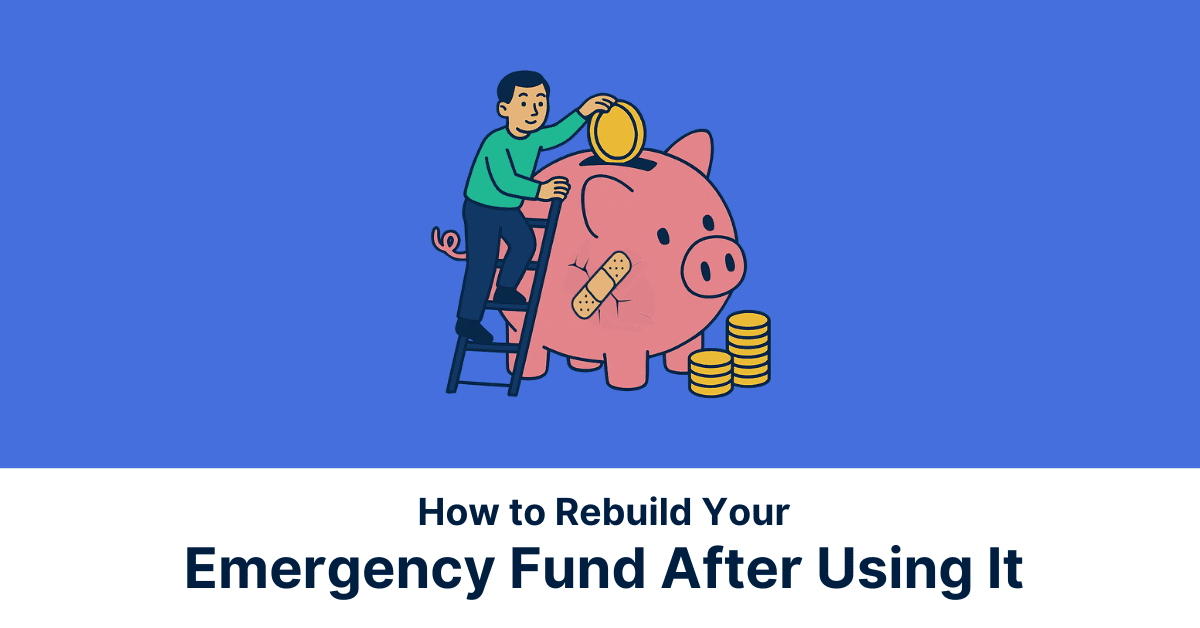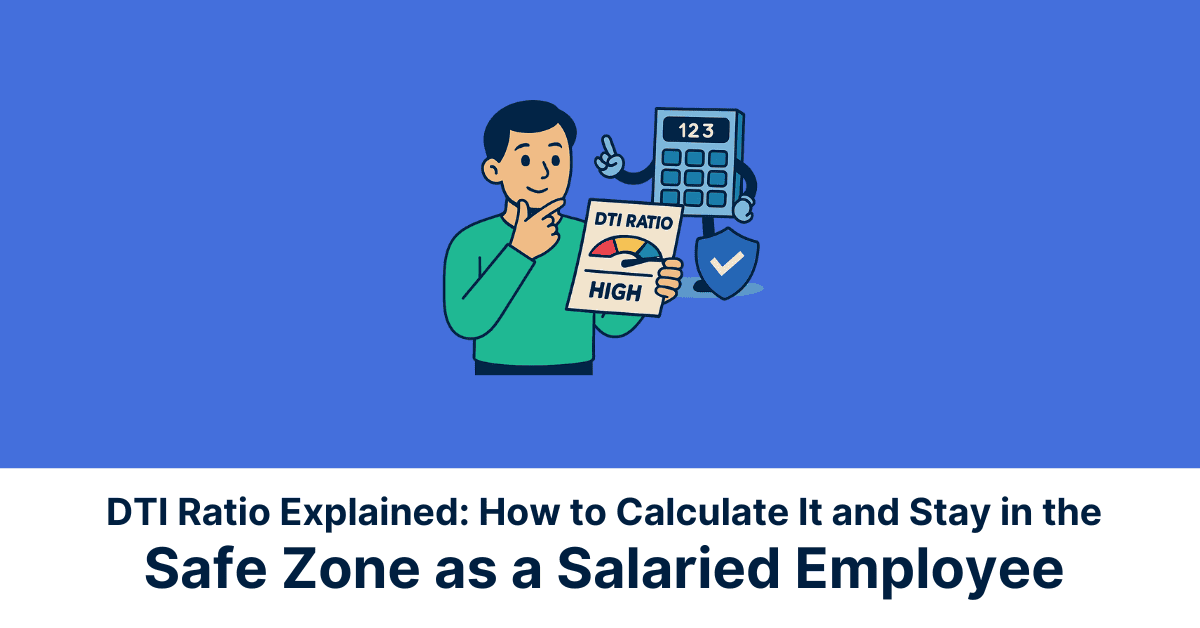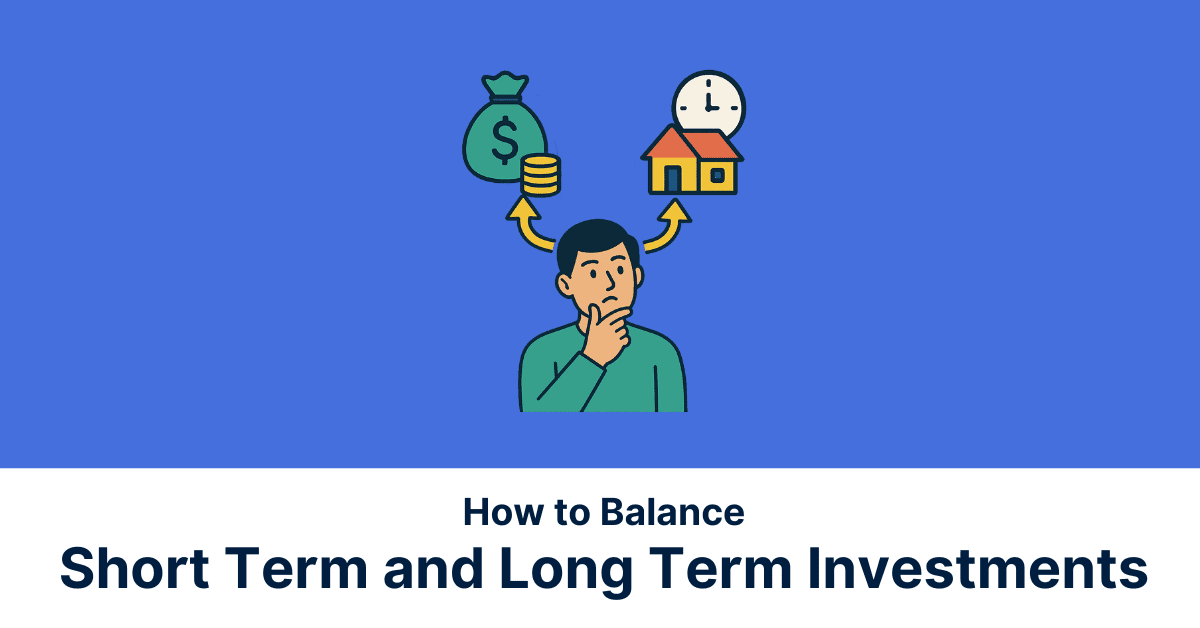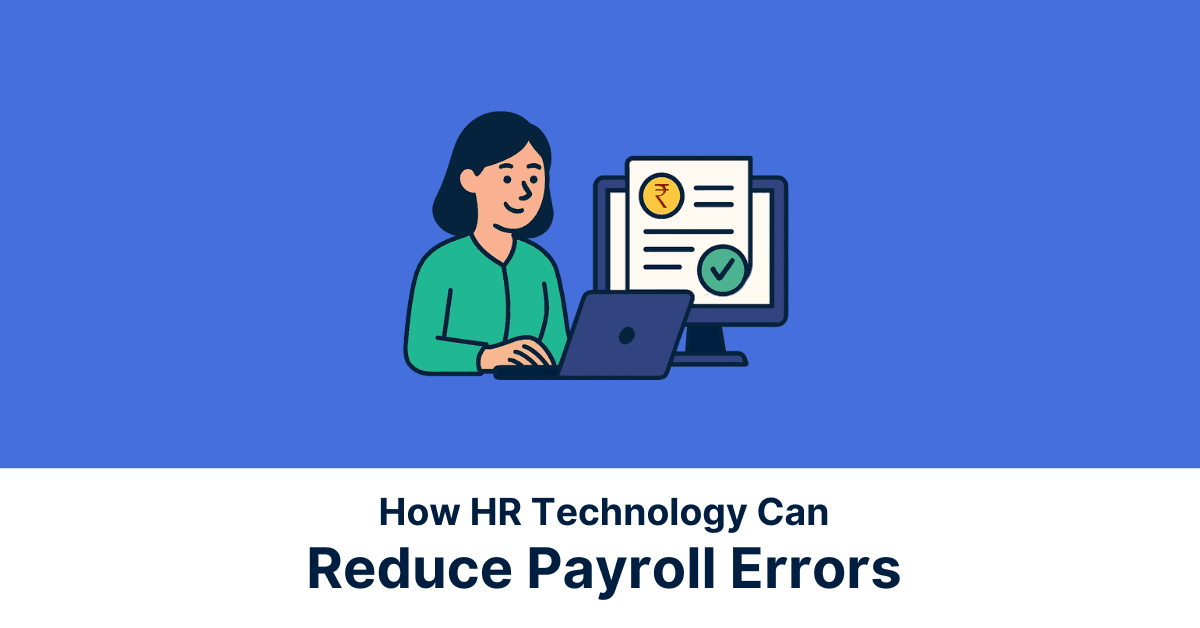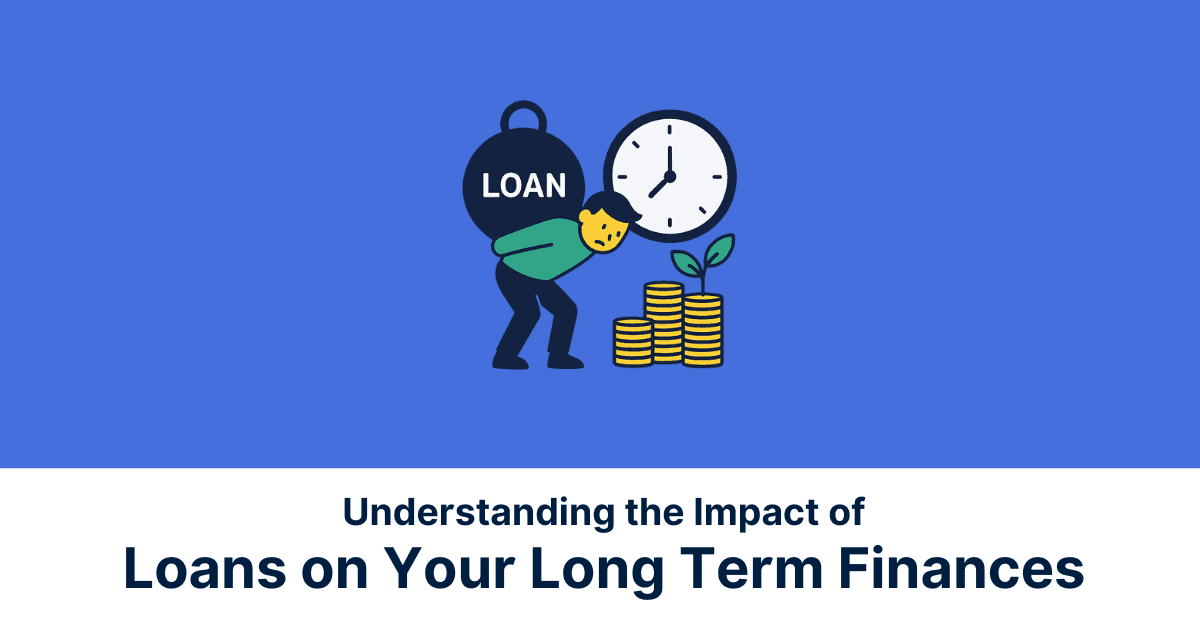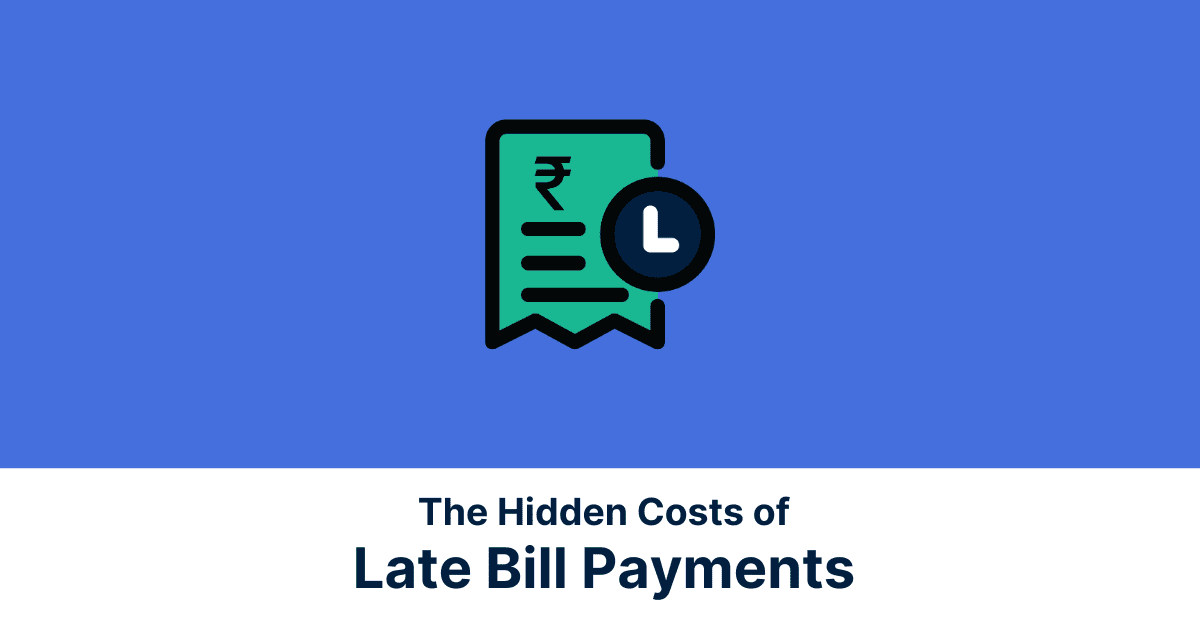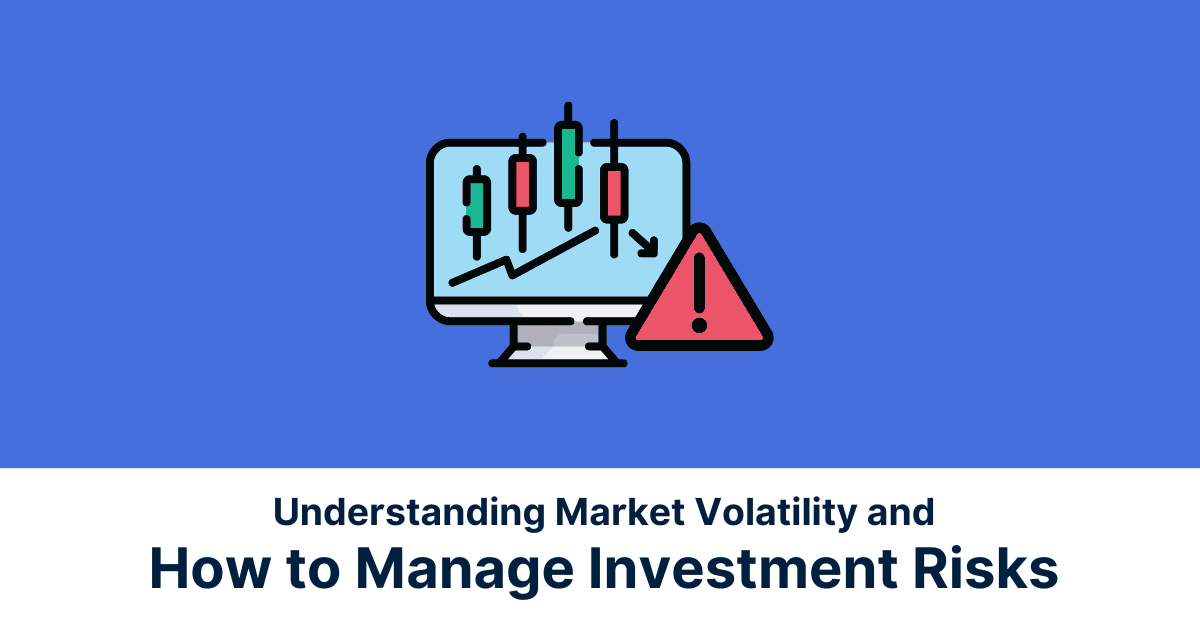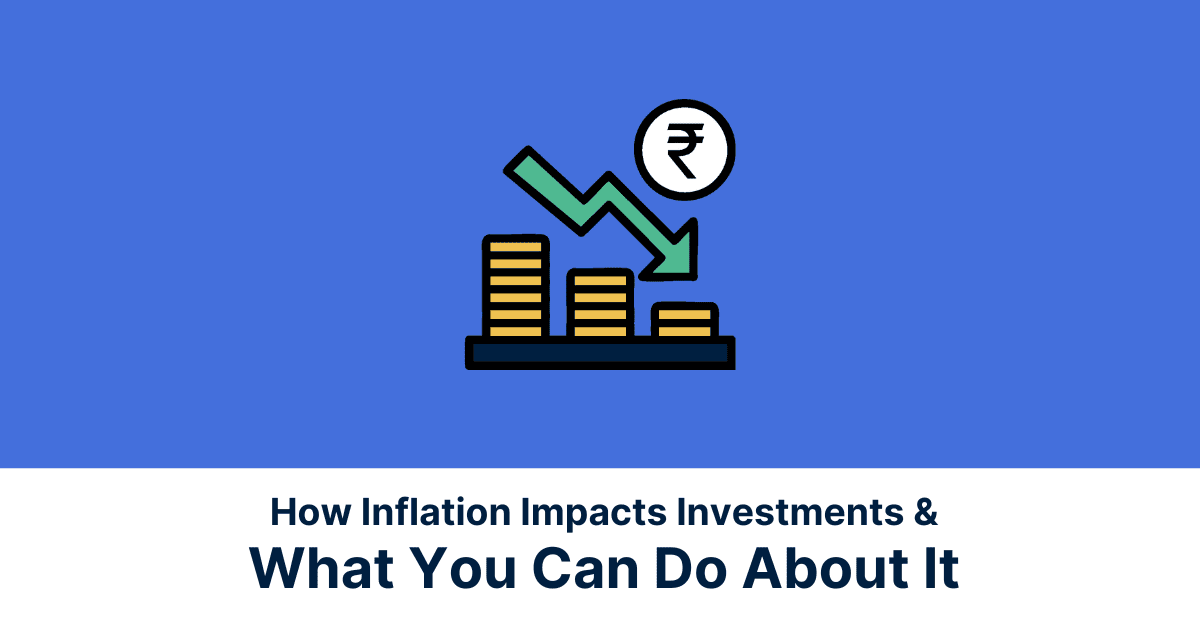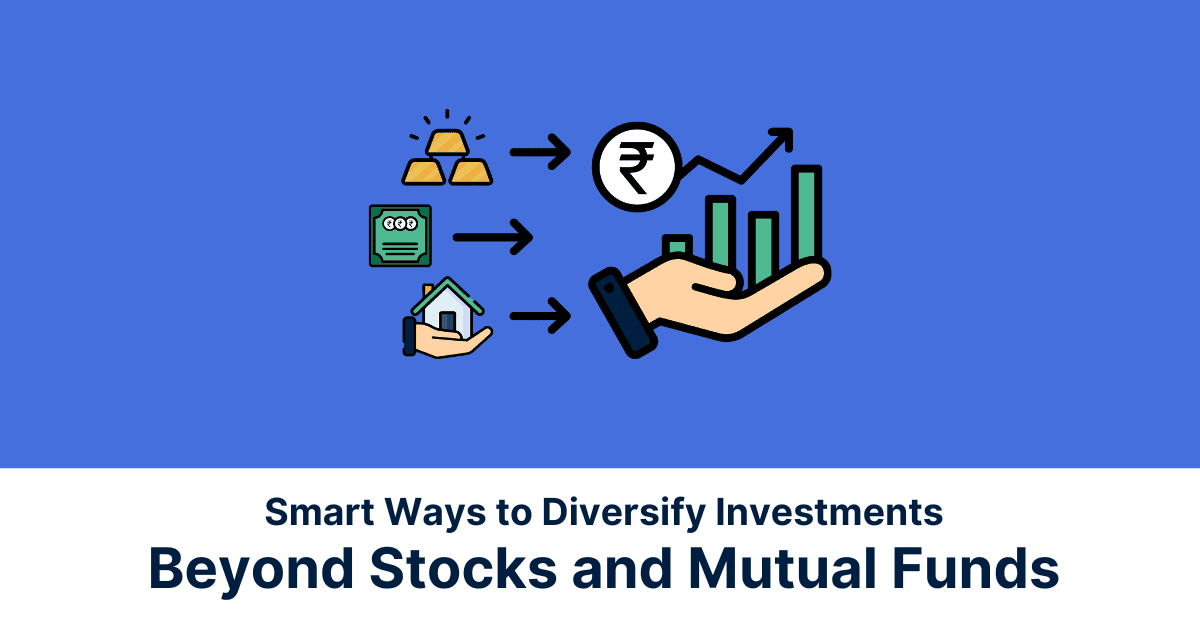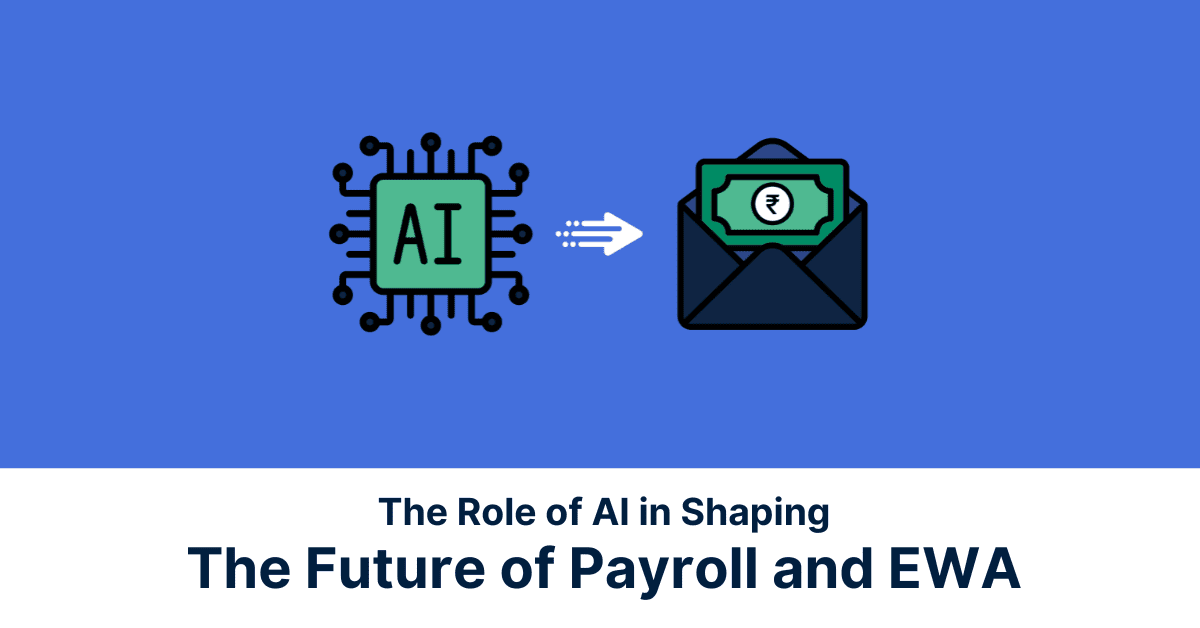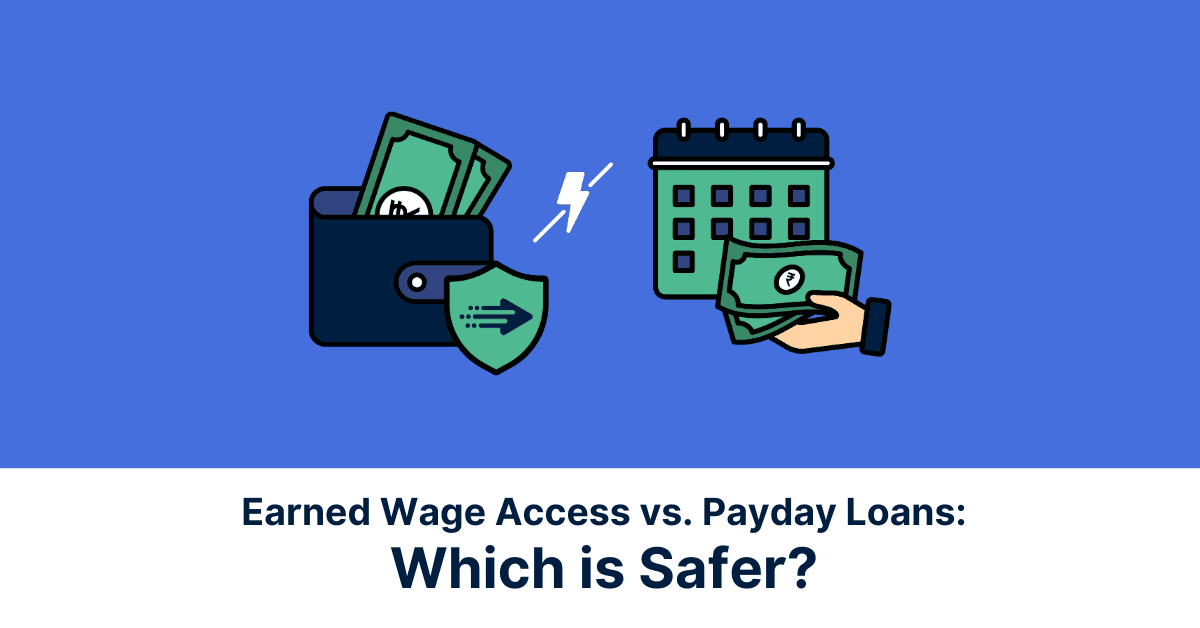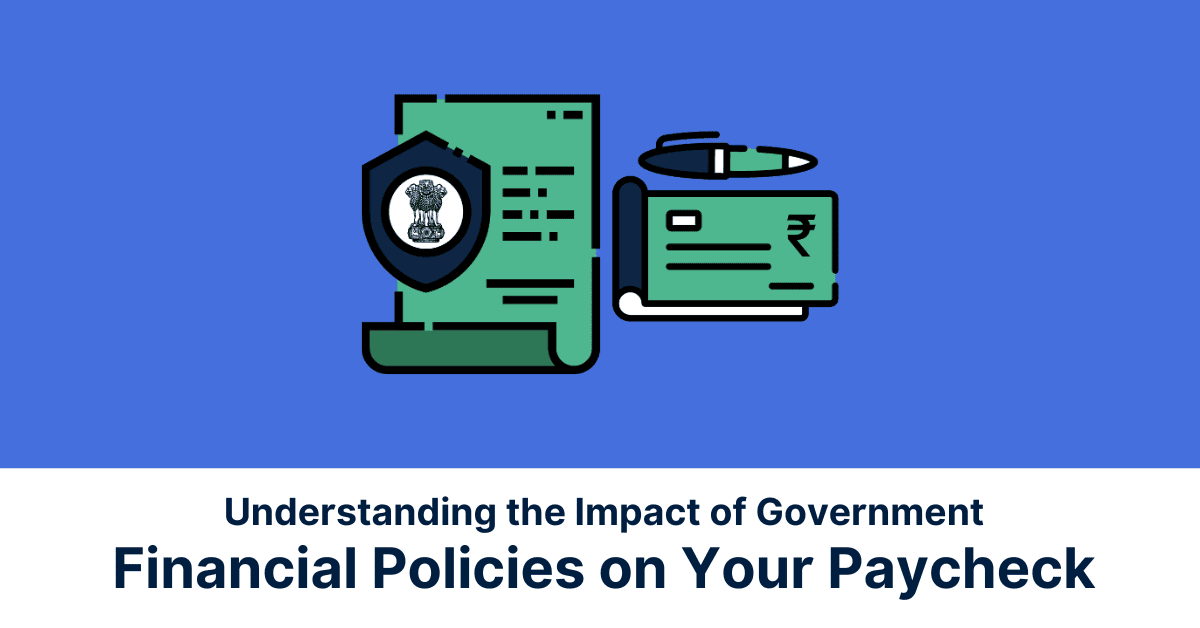Loans play a crucial role in the lives of adults, serving as a significant milestone into maturity and financial accountability. In India, there is a diverse range of loan options designed to meet the varied requirements and situations of both individuals and businesses.
Nowadays, loans serve diverse needs such as starting a business, financing education, purchasing a home, or buying appliances for a new home.
As we navigate the world of lending and borrowing, in this article we will shed light on various loan types to assist you in discovering the one that best suits your financial requirements!
Loans are broadly categorised into different types of secured and unsecured loans in India.
1. Secured Loans:
In a secure loan, the borrowers must pledge an asset as collateral. This collateral serves as a safeguard for the lender in case the borrower defaults on the loan. Secured loans typically carry lower interest rates compared to unsecured loans due to the reduced risk for lenders. Here are some examples of secured loans available in India:
- Home Loans
- Loan against property
- Loan against securities
- Car loans
- Gold loan
- Loan against fixed deposit
- Loan against insurance policies
2. Unsecured Loans:
Financial institutions offer a variety of unsecured loans that do not require collateral but instead rely on factors like the borrower’s creditworthiness, repayment history, and income stability. These loans provide borrowers with flexible funds to manage various expenses and address financial emergencies.
However, due to the absence of collateral, unsecured loans typically carry higher interest rates compared to secured loans. A common example of an unsecured loan is a Personal Loan in India. Here are some examples of unsecured loans available in India:
- Personal loan
- Small business loans
- Credit card loan
- Wedding loan
- Vacation loan
Risk factor of secured and unsecured loans:
Secured loans are backed by tangible assets, like a car, a house, or other valuable possessions, which the lender can claim if the borrower fails to repay the loan. Unsecured loans, on the other hand, don’t require any collateral but rely heavily on the borrower’s creditworthiness and financial standing.
Typically, secured loans carry lower interest rates compared to unsecured loans due to the reduced risk for lenders.
Different Types of Loans in India
Home loans:
A home loan is a secured loan obtained from a financial institution to purchase a residential property. Home loans are ideal if you want to build or purchase a house without compromising on your savings.
For this loan, the collateral is the house you are building or buying, and the repayment duration is typically 10 to 30 years from when you build or buy your home. A stable income, a good credit score, and the ability to make the down payment for the house will ensure that you are eligible for a home loan.
Personal loans:
Personal loans offer financial flexibility for a wide range of purposes, including covering expenses for events, medical emergencies, higher education, travel, debt consolidation, or home improvement projects. Eligibility for personal loans is typically determined by factors such as credit score, employment status, and income.
Loan against property:
A loan against property also known as mortgage, is a type of loan where you use a property registered to your name as collateral. For lending to happen against the given collateral, one needs to meet the lender’s valuation standards. Repayment terms for loans against property typically range from 5 to 20 years.
Entrepreneurs can leverage their commercial properties, registered in their or their business’s name, to secure a loan against commercial property. This type of loan is particularly beneficial for business owners as it provides funding to support and expand their ventures.
Loan against securities:
Financial securities such as mutual funds, bonds, and stocks can serve as collateral for financing or obtaining a loan. To qualify for this type of loan, the securities must adhere to the lender’s specific requirements, and the repayment period will vary depending on the type of security pledged. This loan option provides liquidity without requiring you to relinquish the potential gains from future securities market growth.
Gold loan:
True to its name, a gold loan enables you to secure funds by using physical gold as security. The loan amount is determined based on the purity and value of the gold you offer as collateral, and the repayment period can vary from a few months to several years. This loan option provides quick access to funds without necessitating the sale of your gold.
Credit card loan:
If you possess a credit card, your card issuer might provide immediate loans based on your card’s credit limit. The loan amount is determined by your credit limit, and the interest rates and repayment period are defined by your credit card provider’s terms.
As an existing customer, these loans are pre-approved, eliminating the need for any paperwork.
Small Business loan:
Small Business Loans are provided to small and medium-sized businesses to support various needs like buying equipment, paying staff, marketing, and more. To qualify, business owners need to meet criteria such as their age, years in business, income tax returns, and verified turnover statements from the previous year by a CA.
Vehicle loan:
Vehicle loans bridge the gap between your current financial situation and your dream car, allowing you to drive away in your desired vehicle while making manageable payments over time. These loans typically have shorter repayment terms compared to home loans, and the vehicle itself serves as collateral.
To qualify for a vehicle loan, you’ll generally need to possess a valid driver’s license, demonstrate stable income with proof, and maintain a good credit history.
On-demand Salary/Advance Salary Loan:
On-demand Salary or also known as Salary Advance is a financial aid that can be provided by the employer to their employees, allowing them to access their wages on need-basis, before the actual payday.
EWA is a smarter option that not only helps in meeting emergency financial needs but also safeguards employees from having to borrow or fall into a debt trap of predatory loans.
Jify is one such smart financial wellness provider for employee-focused organisations. With simplified On-demand Salary integration, Jify also provides a wide array of financial wellness solutions such as financial coaching, modern savings tools like digital gold and a Rupay Card that enables smarter spending.
Loan against Fixed Deposits:
Fixed deposits can be leveraged as collateral for a secured loan, allowing you to access funds while maintaining your investment. The repayment period for such loans aligns with the tenure of your fixed deposit. This type of loan is ideal for short-term financial needs without disrupting the growth of your fixed deposit.
Loans against Insurance Policies:
Life insurance or endowment policies can serve as collateral for securing a loan, enabling you to access funds without surrendering your policy benefits. Repayment terms for loans against insurance policies vary depending on the specific type of insurance pledged.
This loan option provides a way to address immediate financial needs while preserving the long-term benefits of your insurance policy.
Vacation loan:
Vacation loans, also known as holiday loans or travel loans, are a type of personal loan designed to fund travel expenses. These loans are unsecured, meaning you don’t have to provide any collateral to secure the loan.
Lenders usually assess your creditworthiness before approving a vacation loan. They consider factors such as your credit score, income, existing debts, and employment.
Wedding loan:
In India, weddings are typically vast and expensive affairs. You can use a wedding loan for your marriage and make it one to remember. You’re also possibly in a good financial position to cover the wedding expenses. However, you may need to loosen your purse strings from time to time due to various small charges.
In such cases, opting for a revolving loan might be the ideal solution to manage these occasional or minor financial needs.
Education loans:
Education loans support higher education by covering tuition, accommodation, books, and related expenses for studying in India or abroad. Available for undergraduate to postgraduate courses, these loans offer repayment flexibility and subsidised interest rates for specific courses, enabling students to pursue their academic ambitions effectively.
What to consider while applying for loan
Applying for a loan can be a significant financial decision, so it’s crucial to carefully consider various factors before proceeding. Here’s a simple guide to help you make informed choices:
- Review your credit score
- Evaluate your income and debt
- Measure your ability to repay
- Study market interest rates
- Define loan amount and its purpose
- Review loan term and fees
- Read loan documents thoroughly
- Beware of flashy loan offers
By dedicating time to carefully evaluate these crucial aspects and engaging in comprehensive research, you empower yourself to make a prudent decision, ensuring the loan you choose aligns seamlessly with your financial objectives and capacity.
Conclusion:
Having understood the different types of loans in India, it’s evident that they serve a multitude of purposes. However, it’s crucial to note that many banks have restrictions on the usage of secured and unsecured loans, ensuring that funds are used for legitimate purposes. Before going ahead with a loan application, it’s imperative to carefully weigh the advantages and disadvantages of both secured and unsecured loans to make an informed decision that aligns with your financial goals and circumstances.
FAQs:
Which type of loan has the highest interest rate?
Unsecured loans usually have the highest interest rates, as they do not have any collateral against which the money has been given. This makes the risk higher for the lender if the borrower defaults and there is no way to recover it. Personal loans fall under unsecured loans, and are usually given at an interest rate that ranges anywhere from 8% per annum to 10% per annum.
Which type of loan has the lowest interest rate?
Secured loans are considered to be more affordable as the risk is lower for the lender and it is backed by collateral. These loans have lower interest rates compared to unsecured loans.
*Disclaimer:
The information contained herein is not intended to be a source of advice concerning the material presented, and the information contained in this article does not constitute investment advice. The ideas presented in the article should not be used without first assessing your financial situation or without consulting a financial professional.
